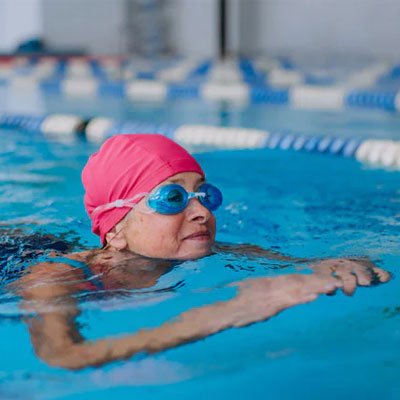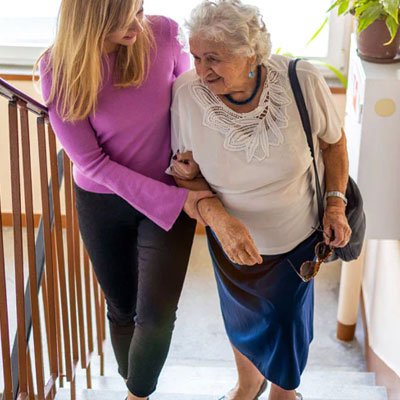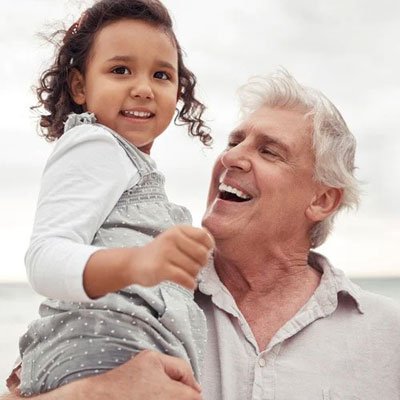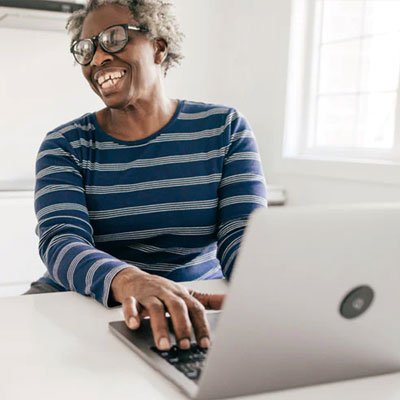Home security
Prioritise the safety and security of you or your loved ones to maintain confidence and quality of life. Unfortunately, older adults are sometimes the targets of criminal activities and scams. We look at what you can do to address these concerns.
Get Your Falls Risk Score
Every 10 seconds, a loved one in the UK has a fall. Find out your risk score in 2 minutes.
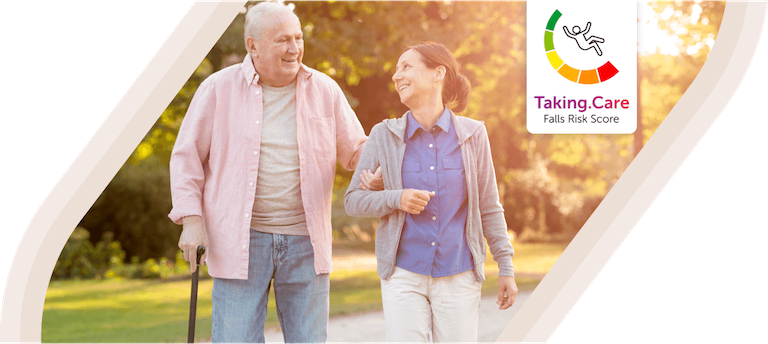
Fall prevention
Falls among the elderly can lead to hospitalisation and loss of independence. Conducting risk assessments and taking preventative measures can make a big difference in maintaining their wellbeing.
Safety tips
Keep yourself safe and promote the wellbeing and independence of elderly loved ones by learning about essential safety tips, including fall prevention and home security.
Elderly care experts answer biggest questions about home security
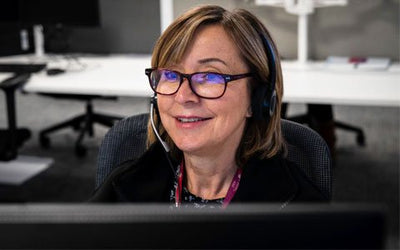
Is there an alarm for old people living alone?
What sort of alarms should I have at home?
How should I report a scam or nuisance caller?
How can smart technology enhance home security for older adults?
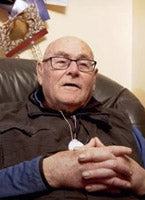
I found the setup process easy, and the helpful Customer Services team helped me whenever needed. I carried out thorough testing across various locations within the house and garden, and the alarm worked perfectly fine.
Steve's out-and-about GPS personal alarm gives him the confidence to remain active in his local community.
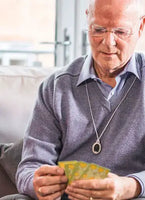
If John hadn’t been wearing the device around his neck, it would have been very difficult to locate him. If it hadn’t been for the people helping us, I dread to think what would have happened.
John has Alzheimer’s disease and uses his GPS personal alarm to live independently. Taking Care used the GPS to find John when he went missing.
